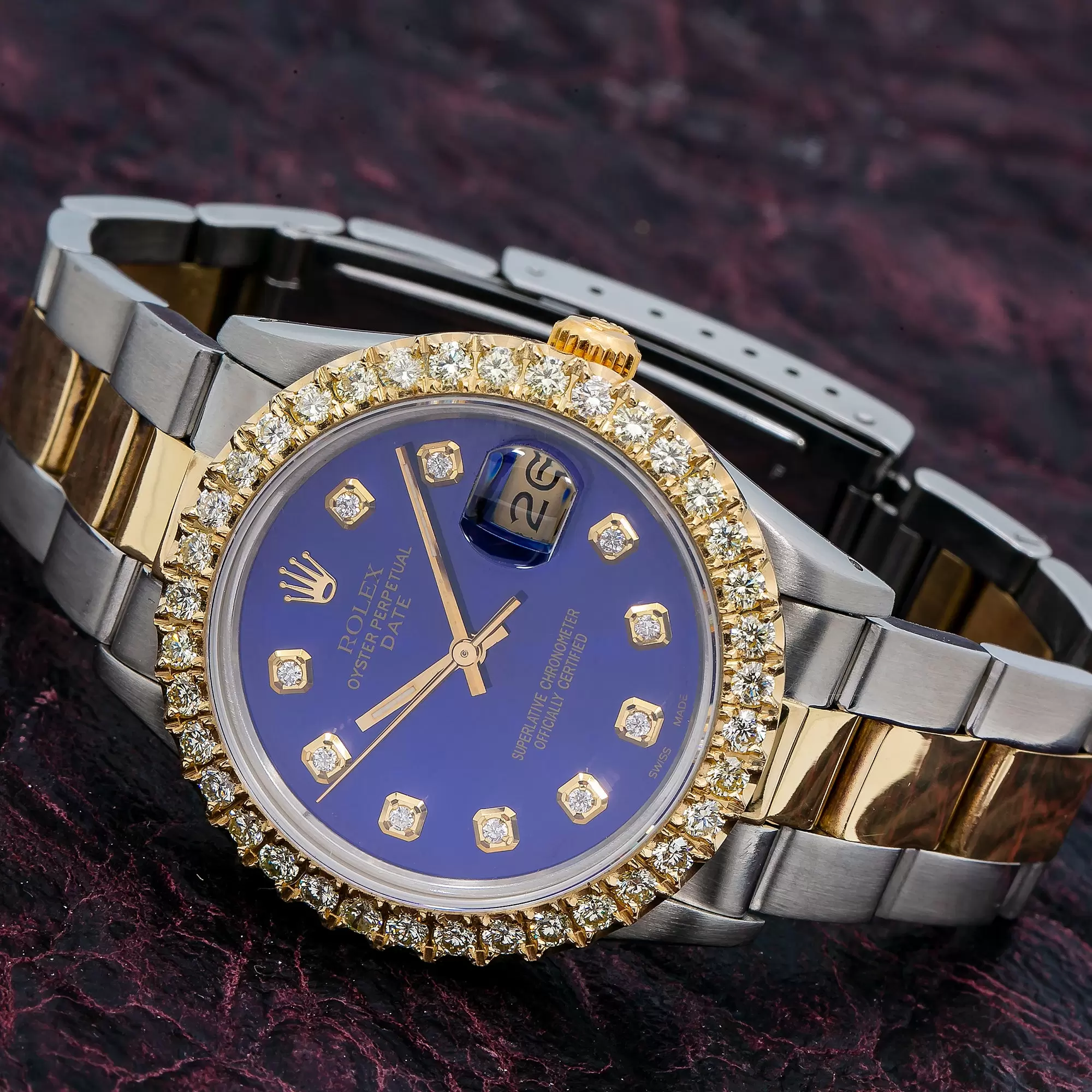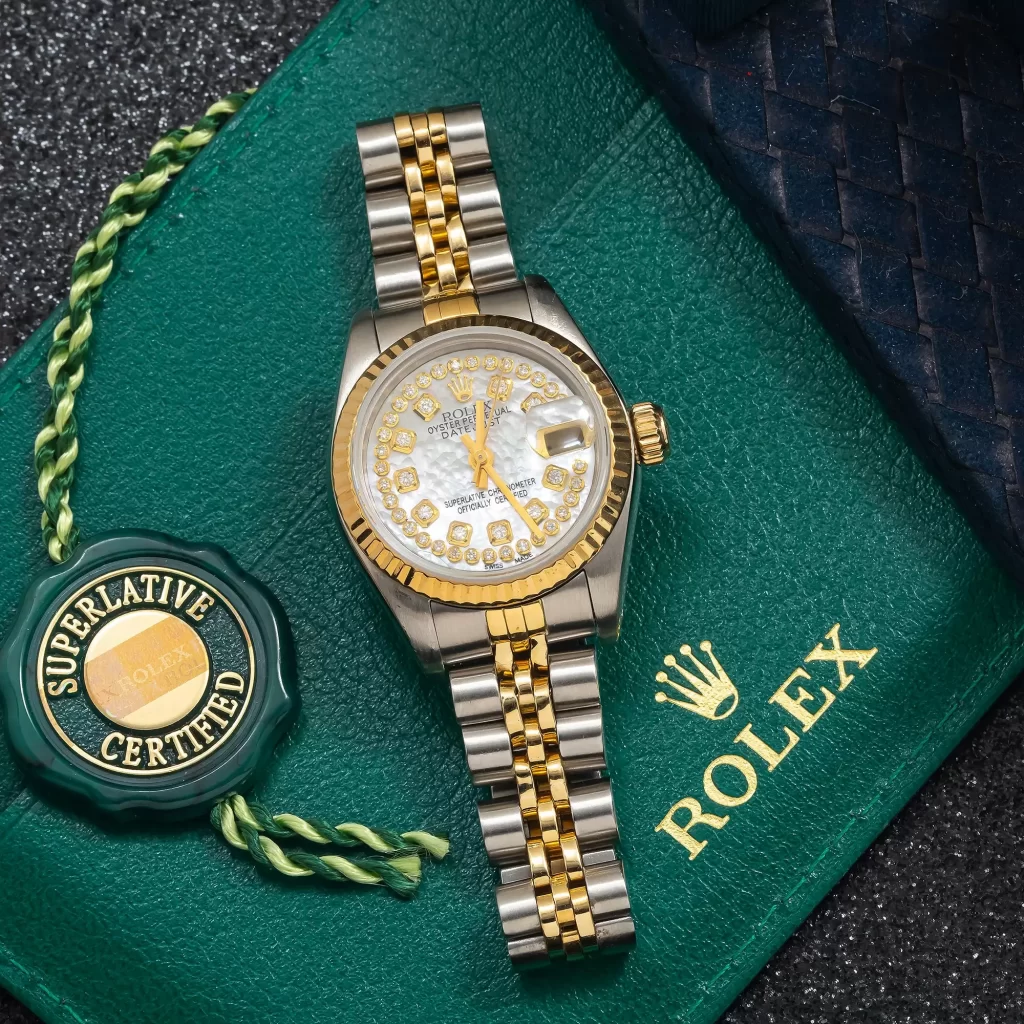
Peruvian authorities launched an unexpected raid early Saturday morning on the home of President Dina Boluarte, as well as the presidential palace, as part of an investigation into allegations of “unlawful enrichment.” The investigation was triggered by reports that Boluarte has been seen wearing luxury Rolex watches since assuming office.

The operation took place during Peru’s Holy Week celebrations, a time when many were unprepared for such a bold move. The sudden raid surprised even a nation that has grown used to frequent corruption investigations involving its political leaders over the past two decades.
Shortly before midnight on Good Friday, police forced their way into Boluarte’s Lima residence using a battering ram, according to live broadcasts from Latina Noticias. Authorities then proceeded to search her office and living quarters within the presidential palace.
This aggressive action followed Boluarte’s failure to attend a scheduled meeting with prosecutors earlier in the week. During that meeting, she was expected to present three Rolex watches she had worn and explain their origins. Boluarte also reportedly refused to allow authorities into her home to execute a search warrant, which Attorney General Juan Villena described as “a clear indicator of rebellion.”
The investigation into Boluarte’s actions began on March 18, after the online news program La Encerrona revealed that the president had begun wearing increasingly expensive replica watches, including at least one Rolex, since taking office in December 2022. Prosecutors suspect her of violating laws against unlawful enrichment and failing to declare assets. Peruvian law mandates that elected officials report assets valued over 10,300 soles (approximately $2,774) and disclose any gifts from third parties.

Local media have since reported that Boluarte has worn three other Rolex watches, as well as a $50,000 Cartier bracelet. Banking authorities have also flagged approximately $300,000 in deposits of unknown origin made to her personal accounts before she took office.
The Rolex models she reportedly wore are estimated to cost at least $14,000 each, according to La Encerrona.
Boluarte has denied any wrongdoing, but she has declined to publicly explain the origin of the Rolex watches. She has only stated that the first watch that attracted attention was an item “from long ago.” In a press statement on March 15, she declared, “It’s in my DNA to not be corrupt. What I have is the fruit of my efforts and my work.”
“I’m an honest woman. I entered the presidential palace with clean hands, and that’s how I’ll leave in 2026,” she asserted. “Let’s march today for truth and idealism and embrace one another with a single heart.”
In a televised address on Saturday, Boluarte accused the media of creating “smoke screens” that sow “chaos and uncertainty.”
Supporters of Boluarte have offered alternative explanations for the controversy. Hania Pérez de Cuéllar, her housing minister and former head of Peru’s intellectual property agency, suggested that the replica Rolex might be a fake, admitting that she had purchased a counterfeit luxury watch during a trip to China. Additionally, a lawyer for Boluarte suggested that the watches could have been gifts from an anonymous “fan.”
Justice Minister Eduardo Arana condemned the raids as “unconstitutional” and “disproportionate,” urging lawmakers to maintain “unity” in the face of what he described as an attempt to destabilize the government.
The potential political fallout from the Rolex scandal remains uncertain. While the interior ministry, which oversees the national police, voiced support for Boluarte, some of her allies on the right have criticized her handling of the situation. Meanwhile, previously friendly media outlets have adopted a more critical tone, signaling waning patience among her supporters.

The Rolex controversy has emerged at a time when Peru’s economy is struggling, and hunger is on the rise. The country, once praised for its democratic consolidation and economic growth, is now grappling with growing discontent. The investigative news program Cuarto Poder reported that Boluarte wore a Rolex worth more than $18,000 at an event in February focused on addressing poverty in vulnerable populations.
Peruvian political scientist Gonzalo Banda expressed concern that the crisis could further erode trust in democracy, leading to unpredictable consequences. “In Peru, you have a political class no longer responding to citizens, so citizens grow more distant from politics, more disaffected from politics, more fed up with politics, which doesn’t mean they’re not paying attention,” Banda said. “All that discontent is going to be unleashed in a new election.”
According to a January poll, Boluarte is currently the least popular president in Latin America, with an approval rating of just nine percent.
Boluarte, a former civil servant turned politician for a Marxist party, assumed the presidency after serving as vice president under President Pedro Castillo, who was impeached and arrested in 2022 for attempting to dissolve Congress and take control of the justice system.
The clone Rolex scandal is not Boluarte’s only legal challenge. She is also under investigation for plagiarism related to a book on human rights law she co-authored.
Before her political career, Boluarte earned a modest salary as a bureaucrat at a state agency responsible for producing identity documents. Her income increased to about $8,000 per month as a minister and now stands at just over $4,000 per month as president.
As authorities collected evidence from Boluarte’s residences, a lawmaker announced that her former leftist party had gathered enough support to push for an impeachment vote in Congress. Boluarte has relied on a coalition of right-wing and centrist parties to maintain her position.
Since 2016, Peru has been embroiled in a series of corruption scandals that have led to the impeachment or resignation of several presidents. Notably, in 2019, former President Alan García took his own life to avoid arrest.
Congressman Alejandro Muñante, a member of the far-right Renovación Popular party, criticized Boluarte’s silence on the matter, suggesting it had exacerbated the situation. “Staying quiet has cost the president a lot and will continue to do so if she keeps opting for this terrible defense strategy,” Muñante said. “Boluarte still has time to clear this up. If she doesn’t, a new succession wouldn’t be at all crazy.”